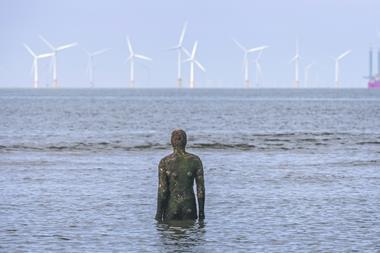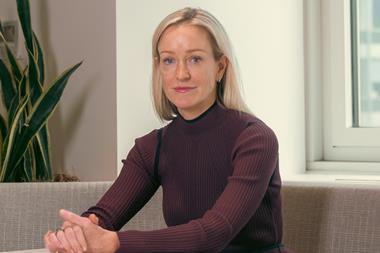GLOBAL - Lend Lease Investment Management, Climate Change Capital, Valad, the Unite Group, Big Yellow and Land Securities were the top sustainability performers in Europe, according to the latest Global Real Estate Sustainability Benchmark (GRESB).
The benchmark, backed by 35 global institutional investors, tracks the sustainable performance of close to 450 real estate funds and property companies, managing some 36,000 properties worth approximately $1.3bn (€1bn) in aggregate.
The latest results were launched yesterday at the annual EPRA conference in Berlin, during which Patrick Kanters, global real estate managing director at APG (a founding member of GRESB), said the initiative went beyond assessing levels of reporting to show which fund managers and listed companies were actually taking measurable steps to improve sustainability.
Three real estate funds - Lend Lease Retail Partnership (retail), Climate Change Property Fund (office) and Valad's European High Income (industrial) - and three listed companies - Unite (residential), Big Yellow (other) and Land Securities (diversified) - came top in Europe.
In the US, it was four listed companies - Simon Property (retail), Thomas Properties (office), Prologis (industrial) and HCP (other), as well Clarion Partners' Lion Gables Apartment Fund (residential) and the privately owned asset manager Bentall Kennedy (diversified).
The GRESB report found that sustainability had moved up the agenda over 12 months.
Eighty-eight percent of property companies and funds now have dedicated resources to manage the sustainability performance of their assets.
Eighty percent have an articulated vision or strategy on sustainability, and 92% employed a senior manager with ultimate responsibility for sustainability issues.
Energy consumption was shown to be the main policy focus, cited by 81% of respondents, a slight increase from last year (75%).
Roughly 60% of respondents now collect and report energy consumption data, as compared with 34% in 2011.
On a like-for-like basis, the greenhouse gas emissions of 171 property companies and funds decreased by 6%.
GRESB said that, in absolute terms, this was a reduction of 432,000 metric tons of carbon dioxide, equivalent to removing 85,000 cars from the road.
Green building certification was also shown to be growing in prevalence, with 51% including green building certificates in their portfolios.
LEED certification was the most widely adopted.
A number of areas of improvement were also highlighted, not least the fact that 40% of the property companies and funds were still considered what GRESB terms "green starters", with limited disclosure of sustainability performance towards the investment community.












